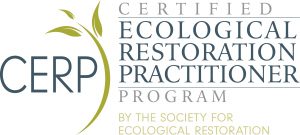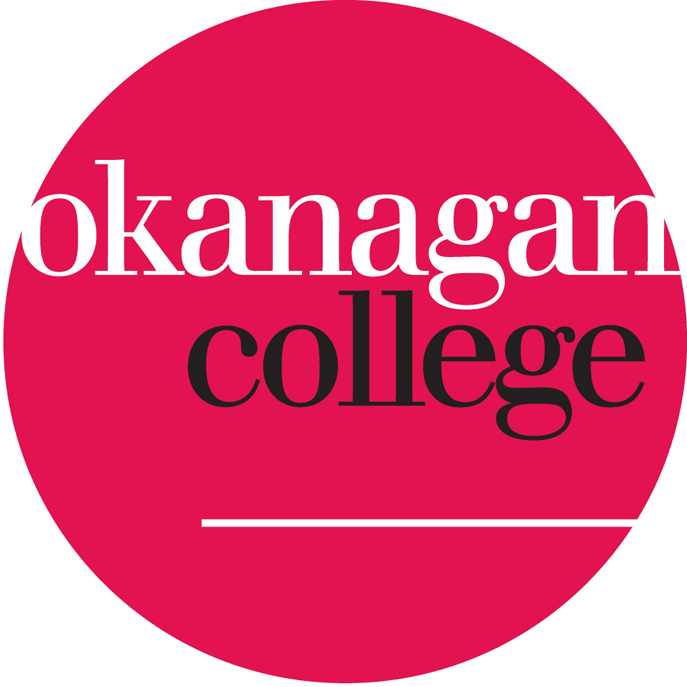Bioengineering: A Restoration Course
- Start Date: September 26, 2018
- End Date: September 27, 2018
- Time: 8:30am-4:30pm
- City: Revelstoke BC
- Venue: Okanagan College - 1401 1 St W, Revelstoke, BC
- Instructor: David Polster
- This course has been approved for 10 CE credits with the SER-CERP program!
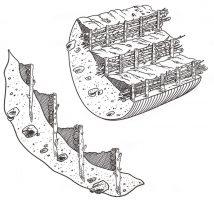
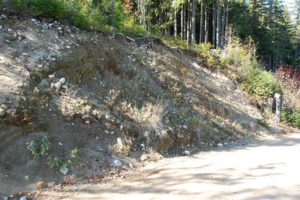
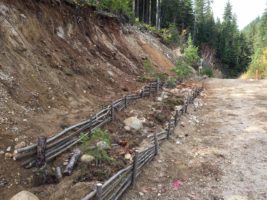
Before and after at field site of 2016 Bioengineering course
Course description
Soil bioengineering is an applied science that uses live plant materials, rocks, soil and landscape elements to perform an engineering function such as slope stabilization, soil erosion control or seepage control.
Topics covered include:
- Factors involved in successful restoration
- Successional reclamation, with discussion of tools such as wattle fences that can be used to treat steep slopes (the terracing reduces erosion while the wood cuttings grow to provide a vegetative cover on the slope) and live staking (taking live cuttings of shrubs and staking them in the ground where there is a lack of vegetation along eroding stream banks. The clippings will re-sprout and establish new vegetation.)
- Soil bioengineering techniques
- Regional differences in climate, soils, hydrology, plant types, and growing seasons
- Maintenance and monitoring.
Course Format
Day One: A classroom session to be held in Revelstoke at Okanagan College.
Day Two: A field session near Revelstoke (location TBA) to give participants hands-on experience with a restoration project.
This course has been approved by the Society for Ecological Restoration (SER) as a for-credit course! Students will earn 10 continuing education credits with SER’s Certified Ecological Restoration Practitioner (CERP) program.
Instructor
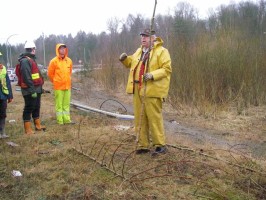 David Polster has been involved in the reclamation of severely disturbed sites for over 40 years. He has been president of the Canadian Land Reclamation Association for a number of years and continues to serve on their board, in addition to sitting on the board for the Society for Ecological Restoration (both the BC Chapter and International board). He has been awarded the John Rieger Award for his work in restoration, and serves as the alternate mining representative on the board of the BC Invasive Species Council. Dave is well known for his work in the use of soil bioengineering treatments to solve difficult reclamation problems. He regularly shares in knowledge by teaching a number of courses, including a post-graduate certification program in designing for natural processes at the University of Victoria.
David Polster has been involved in the reclamation of severely disturbed sites for over 40 years. He has been president of the Canadian Land Reclamation Association for a number of years and continues to serve on their board, in addition to sitting on the board for the Society for Ecological Restoration (both the BC Chapter and International board). He has been awarded the John Rieger Award for his work in restoration, and serves as the alternate mining representative on the board of the BC Invasive Species Council. Dave is well known for his work in the use of soil bioengineering treatments to solve difficult reclamation problems. He regularly shares in knowledge by teaching a number of courses, including a post-graduate certification program in designing for natural processes at the University of Victoria.
David has taught many courses with CMI and has been brought back by popular request!
Who should attend?
This course is designed for anyone interested in restoring the natural functioning of damaged ecosystems (riparian shorelines, steep slopes, etc.)
What to Bring?
Participants should bring comfortable work clothes with suitable boots, gloves and jacket for the field day. In addition, tools such as grub hoes, shovels, loppers, pruners, saws, etc. will be helpful.
What is Included in the Course?
- A course manual covering all the materials discussed in class
- Food: There will be an opportunity to order bagged lunches and snacks. Refreshments will be provided for the classroom portion only of this course.

